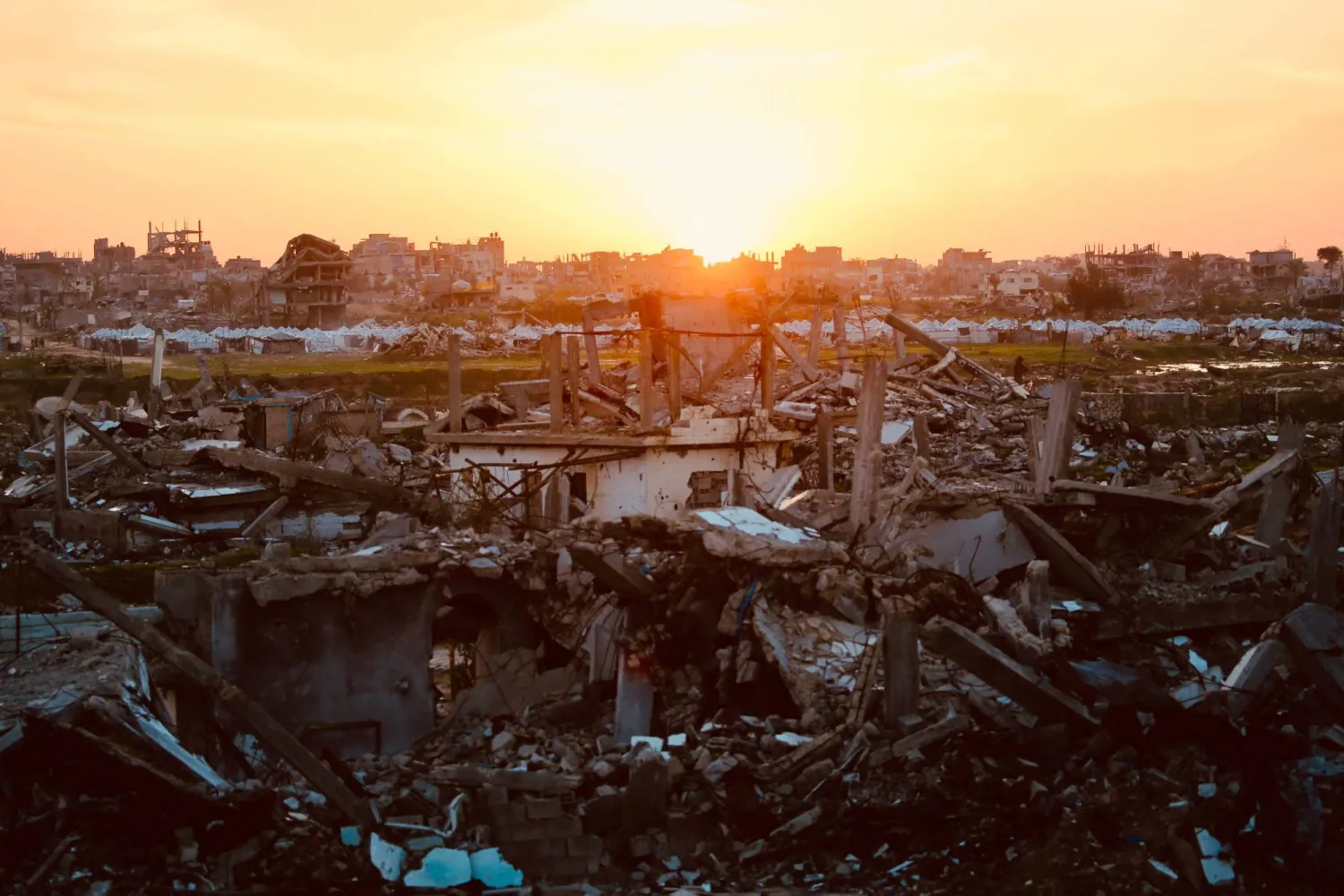Seven years after terrorist Houthis waged a coup in Yemen and took over the Yemeni capital, Sanaa, on September 21, 2014, the group is facing military and political pressures, after the world became aware of its criminal behavior both locally and abroad.
In just two weeks, the group was dealt three successive blows, the first of which was from the UN Security Council (UNSC), which classified the group as a “terrorist organization” and imposed an arms embargo on it.
Houthis then faced a similar designation and blacklisting by the General Secretariat of the Council of Arab Interior Ministers and the European Union (EU).
“Houthis are now besieged and exposed, the world is fed up with them and their group’s maneuvers and gambling have reached a dead end. Their actions are moving towards maximizing the human tragedy and prolonging the war,” according to Najib Ghallab, Undersecretary of the Yemeni Ministry of Information.
In the face of mounting pressures, Houthis adopted a policy of fleeing forward as the group attacked several Saudi civilian facilities to disrupt global energy supplies. Their assaults against Saudi installations comes after the noose being tightened around them and their financiers in Tehran.
On March 1, the UNSC extended the arms embargo originally imposed on several Houthi leaders to include the entire Iranian-backed group.
The latest UN move looks to step up pressure on Houthis and to get them to stop their attacks against civilians and civilian facilities in Yemen, Saudi Arabia, and the United Arab Emirates.
The UNSC justified the imposition of a comprehensive arms embargo on the Houthis by pointing out the group’s engagement in actions that threaten peace, security, and stability in Yemen.
The international body condemned Houthis for having participated in “attacks to strike civilians and civilian infrastructure in Yemen. It also slammed Houthis for implementing a policy based on sexual violence and repression against professional and politically active women.
Other abhorrent actions committed by the Iran-backed group include the recruitment of child soldiers and incitement of racist and sectarian violence.
On March 13, the General Secretariat of the Council of Arab Interior Ministers decided to classify the Houthi group as a terrorist group and to include them in the list of terrorist entities on the Arab blacklist of perpetrators, masterminds and financiers of terrorist acts.
Meanwhile, the EU added the Houthi militias to its very own blacklist, freezing the militias' assets days after the Arab decision and a UN Security Council resolution.









